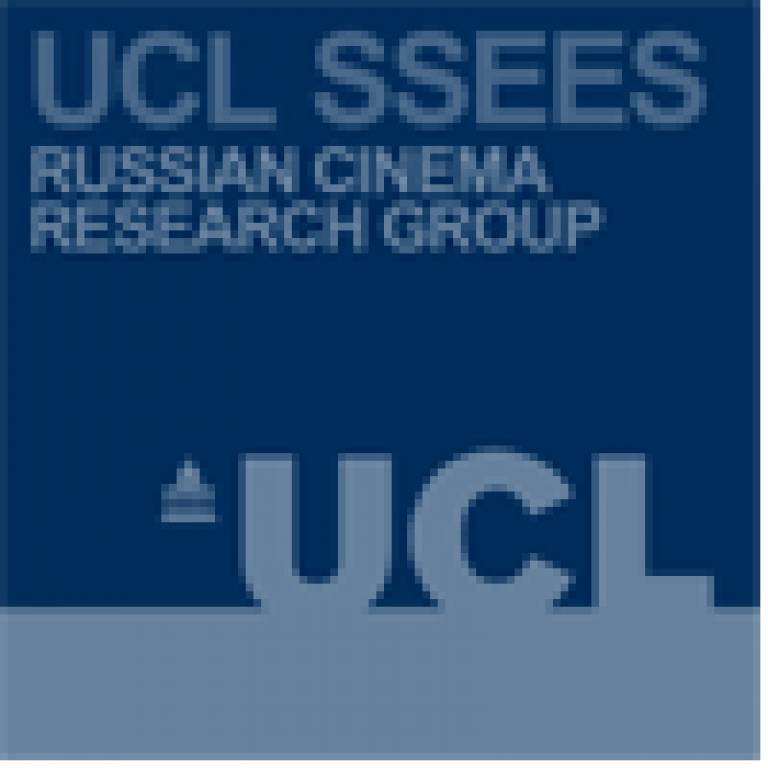The Cinema of Gesture Between Body and Language: Kira Muratova and Alexei Balabanov
26 January 2015, 6:00 pm

Event Information
Location
-
Room 433, UCL SSEES Building, 16 Taviton Street, London, WC1H 0BW
Irina Schulzki (Ludwig-Maximilians-Universität, Munich)
Aleksei Balabanov’s penultimate film The Stoker [Kochegar, 2010] is said to be a homage to Kira Muratova’s Three Stories. Part I: Boiler Room N 6 [Tri istorii. Kotel’naia N 6, 1997].
This paper not only addresses the intersection of the plot, motifs and topoi that reveal a genetic (and genre) bond between these two movies, but also tackles the issue of cinematic gesture. The category of gesture allows us to shed light on the obvious but not unproblematic relation between body and language in the representation of “the roaring 90s” in post-Soviet cinema. What is at stake here is violence and/or the original accumulation of capital, especially evident in Balabanov, as well as the new actors of this cultural economy and the new ethics grounding a still-emerging social order after a socio-cultural disruption. The epoch of the 1990s is constructed by both films (in The Stoker retrospectively) primarily by means of language: the moribund Soviet stereotypy in Muratova and the yet nascent post-ideological discourse in Balabanov. Muratova’s tricky overabundance of words confronts Balabanov’s verbal minimalism. The ever emergent question – what to do with the body? – is answered by both filmmakers in a most unambiguous way. By conceiving of gesture through the interplay of the notions ‘body’ and ‘language’, the paper seeks to demonstrate both why cinematic gesture is a pertinent category to talk about Muratova’s and Balabanov’s depictions of post-Soviet reality, and how the notion of ‘cinema of gesture’ can hence be formulated.
Irina Schulzki is currently researching a doctoral thesis entitled ‘Kira Muratova’s Cinema of Gesture’. Her research interests include literature and film theory, contemporary Russian literature and film, and (post) post-modernist theory. In September 2014, Irina was invited to give a paper as part of the postgraduate panel at the New Directions in Russian, Soviet and Post-Soviet Cinema Studies conference, organised by UCL SSEES and the University of Cambridge to mark the retirement of Professor Julian Graffy. Her recent publications include: ‘Plunging into Fan Fiction: Transgression versus Transcendence in Lost in Austen’ in Jörg von Brincken, Ute Gröbel, Irina Schulzki (eds): Fictions / Realities. New Forms and Interactions, München, 2011; ‘Contingency and Anthropology in Kira Muratova’s Later Films‘ (together with Raoul Eshelman) in Bettina Lange, Nina Weller, Georg Witte (eds), Die nicht mehr neuen Menschen. Russische Filme und Romane der Jahrtausendwende. Wiener Slawistischer Almanach, Sonderband 79. München 2012.
 Close
Close

